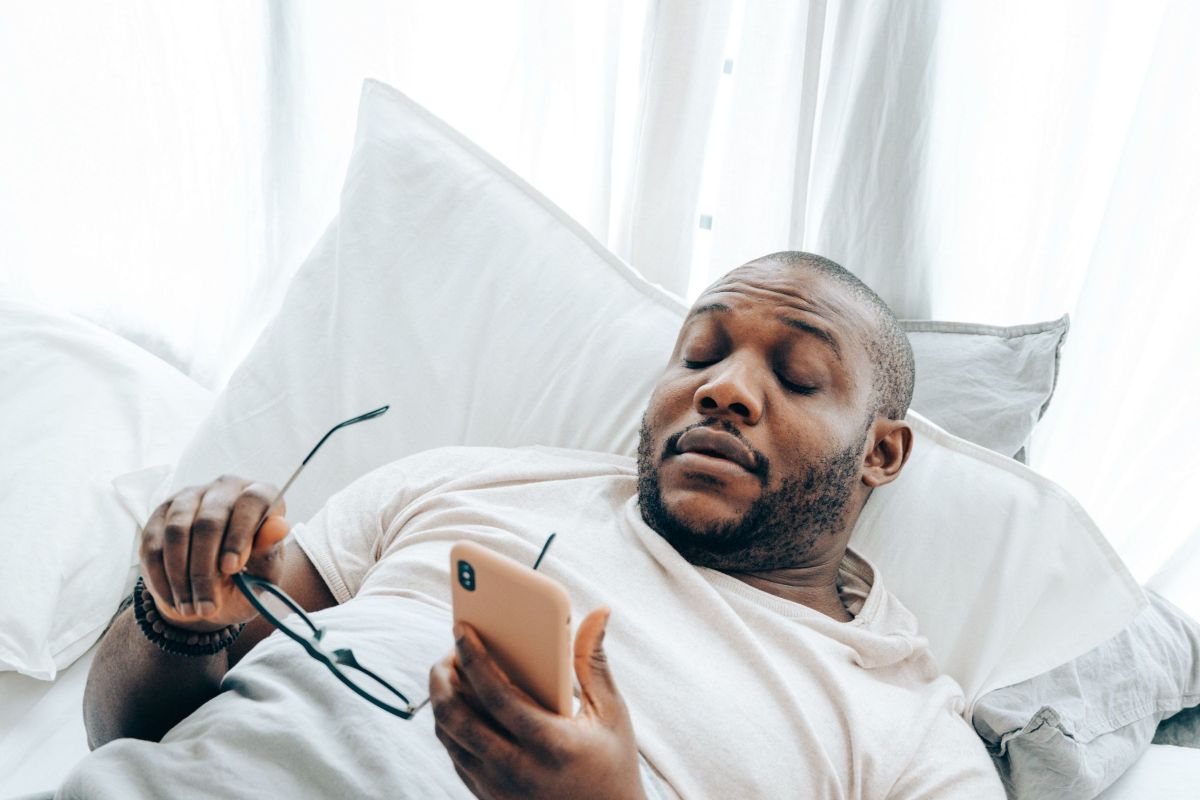As the saying goes, ‘a good laugh and a long sleep are the two best cures for anything,’ many times due to our busy schedules we fail to give sleep its due respect and importance. Many might not be aware, but sleeping is not wasting time. Good sleep can double your productivity while a disturbed night’s sleep might put your mind and body into a snooze mode for the rest of the day! So, can sleep also affect our hair fall or hair loss? Definitely! Sleep and your hair loss have a deep bonding.

Buy now and get Rs. 150/- off
Let us see how inadequate sleep or disturbed sleep can lead to hair loss:
1 Affects the body’s functioning: When we sleep after a whole day’s activity, it is then that our body gets the requisite time to recharge itself. If we fail to get the required hours of sleep, then our body is unable to restore itself with the essential nutrients, making it weak. This weakness affects the functioning of many of our organs, including our skin and hair, leading to damaged hair follicles or hair loss. Also, lack of sleep wreaks havoc on our immune system, making us more susceptible to diseases, a side effect of which is also hair loss.
2 Hormone levels: Apart from affecting our body’s functioning and health, sleep also affects your body’s hormone levels. Men who suffer from male pattern baldness, also known as androgenetic alopecia, is at times more affected by lack of sleep. This is because, when we sleep, our body progresses through regular sleep cycles, during which the hormone HGH or human growth hormone is produced. People who don’t get a sufficient amount of sleep or irregular and interrupted sleep, their bodies produce lower amounts of HGH, leading to numerous health issues, including thinning of hair or hair loss.
3 Creates Stress: Further, a lack of sleep is related to building both physical and emotional stress. This stress, in turn, increases the risk of a type of alopecia, also known as telogen effluvium, in which almost 50 to 75% of a person’s hair may fall of in a short time. Stress also leads to unhealthy hair growth and hair loss.
4 Triggers inherited issues: Research has shown that a lack of sleep can trigger various health issues, including inherited health issues like male pattern baldness, that otherwise might have appeared much later on.
5 Affects nutrition absorption: Whole day, we are busy exerting our body to do our daily tasks and roles, which requires energy. We get this energy from the nutrition that we consume throughout the day. But our body mainly absorbs these during the night when we are sleeping, to energize itself and make up for the lost electrolytes. So when the body is not able to get the requisite hours of sleep or deep sleep, then this affects the nutrition absorption by our body, leading to nutrition deficiency or malfunction. This also affects our hair quality and health of hair follicles leading to excessive shedding or hair loss.
So now that we understand that lack of sleep or inadequate sleep has a strong bonding with hair loss, is there anything that we can do about it? Well, we can definitely work our way to improve our sleep quality in the following ways:
1 Try to sleep early. The later we sleep, the worse it affects your quality of sleep.
2 Avoid sleeping in a noisy room cause even when we are sleeping, in our subconscious mind we can hear those noises which in turn affects our quality of sleep
3 Try to sleep for at least 8 hours a day. That is the requisite amount of sleep any adult human being requires, for their body to function properly.
4 Don’t eat a heavy meal or consume alcohol just before sleeping, as this will make the body restless, thereby affecting your sleep.
5 Follow a consistent sleep and wake up pattern even on weekends or holidays. This helps the body to rest better.

Buy now and get Rs. 150/- off



